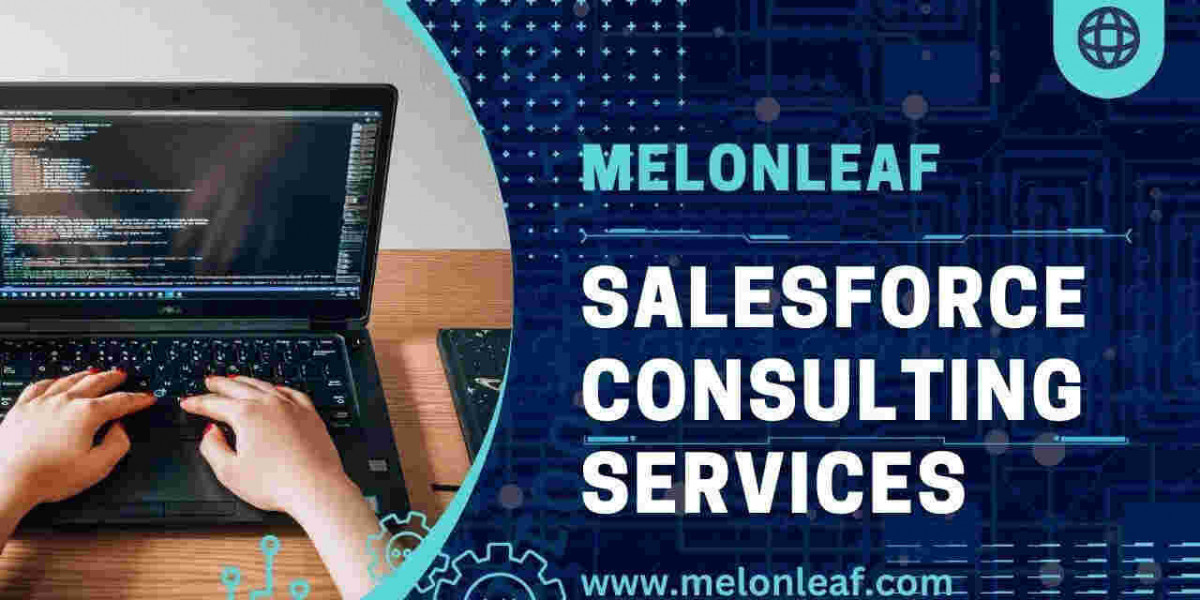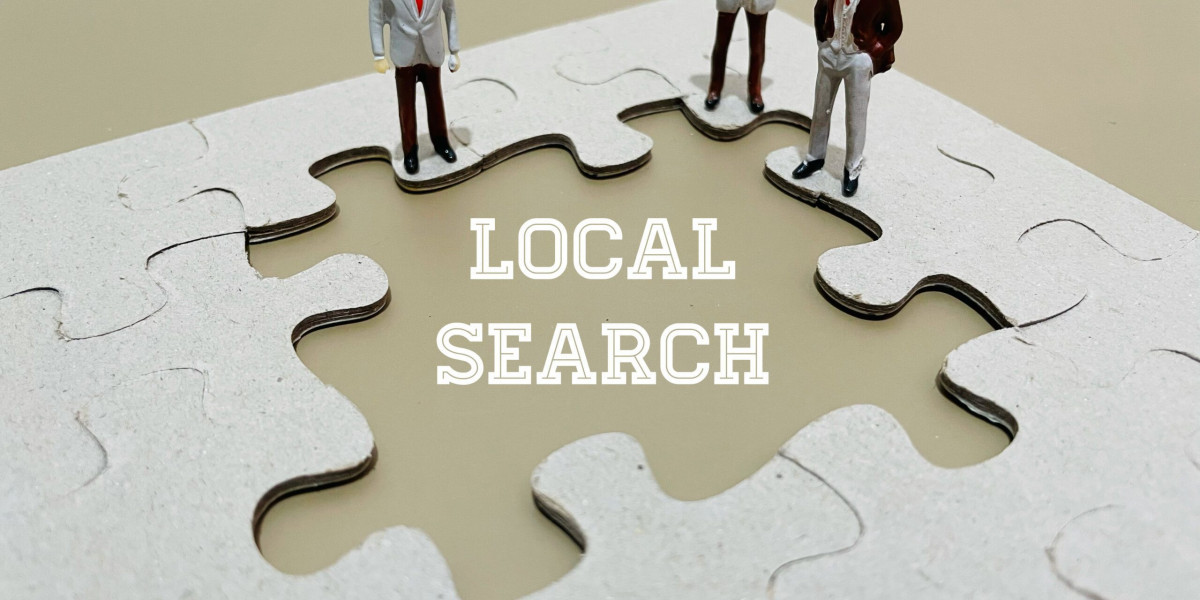Salesforce Community Cloud continues to evolve as a powerful platform for connecting organizations with their customers, partners, and employees. As we move towards 2025, several key implementation trends are emerging that businesses need to be aware of to maximize the value of their communities.
Key Implementation Trends for 2025:
- AI-Driven Personalization: Artificial intelligence (AI) will play an increasingly significant role in personalizing the community experience. This includes AI-powered recommendations for content, experts, and groups based on individual user behavior and interests. For example, if a customer frequently views articles related to a specific product, the community will proactively suggest similar content or connect them with relevant experts.
- Seamless Hybrid Collaboration: With the continued prevalence of hybrid work models, communities will need to facilitate seamless collaboration between internal teams, partners, and customers, regardless of their location. This will involve deeper integrations with collaboration tools like Slack and enhanced features for virtual meetings, shared workspaces, and real-time document collaboration within the community.
- Gamification for Enhanced Engagement: To drive user participation and loyalty, expect to see a greater emphasis on gamification strategies within Community Cloud. This can include points systems, badges, leaderboards, and challenges designed to incentivize engagement, knowledge sharing, and problem-solving within the community.
- Community Analytics for Real-Time Insights: Organizations will increasingly leverage advanced analytics within Community Cloud to gain real-time insights into community health, user behavior, and the impact of community initiatives on business outcomes. This data will inform strategic decisions, help identify areas for improvement, and measure the return on investment of their community.
- Mobile-First Optimization: With a significant portion of users accessing online platforms via mobile devices, a mobile-first approach to Salesforce Community Cloud implementation will be crucial. This means ensuring responsive designs, optimized mobile experiences, and potentially dedicated mobile applications to provide users with seamless access to community features on the go.
- Integration with IoT for Connected Experiences: For businesses with Internet of Things (IoT) devices, expect to see more integrations with Community Cloud to create connected experiences. For instance, customers could use the community to troubleshoot issues with their connected products, access real-time data from their devices, or connect with other users facing similar challenges.
- Low-Code/No-Code Development: The trend of low-code/no-code development will continue to impact Community Cloud implementations. This will empower businesses to build and customize their communities with greater agility and less reliance on extensive coding, enabling faster time-to-market and increased flexibility.
- Focus on Sustainability and Social Responsibility: Aligning with broader corporate trends, expect to see a greater focus on integrating sustainability and social responsibility initiatives within communities. This could involve dedicated spaces for discussing environmental topics, facilitating volunteer efforts, or connecting with organizations focused on social impact.
- Enhanced Security and Data Privacy: As data privacy regulations become more stringent, implementing robust security measures and ensuring compliance will be a top priority for Community Cloud implementations. This includes features for data encryption, access control, and transparent data management practices to build trust and protect user information.
- Agentic AI Integration: The rise of "Agentforce" and agentic AI, where AI systems operate with greater autonomy, goal-orientation, and decision-making capabilities, is a significant trend. Expect to see early integrations of such AI agents within communities to assist with tasks like answering common questions, routing users to relevant resources, and even moderating content, enhancing efficiency and user support.
By understanding and strategically incorporating these trends, businesses can build more engaging, valuable, and future-proof Salesforce communities in 2025.










